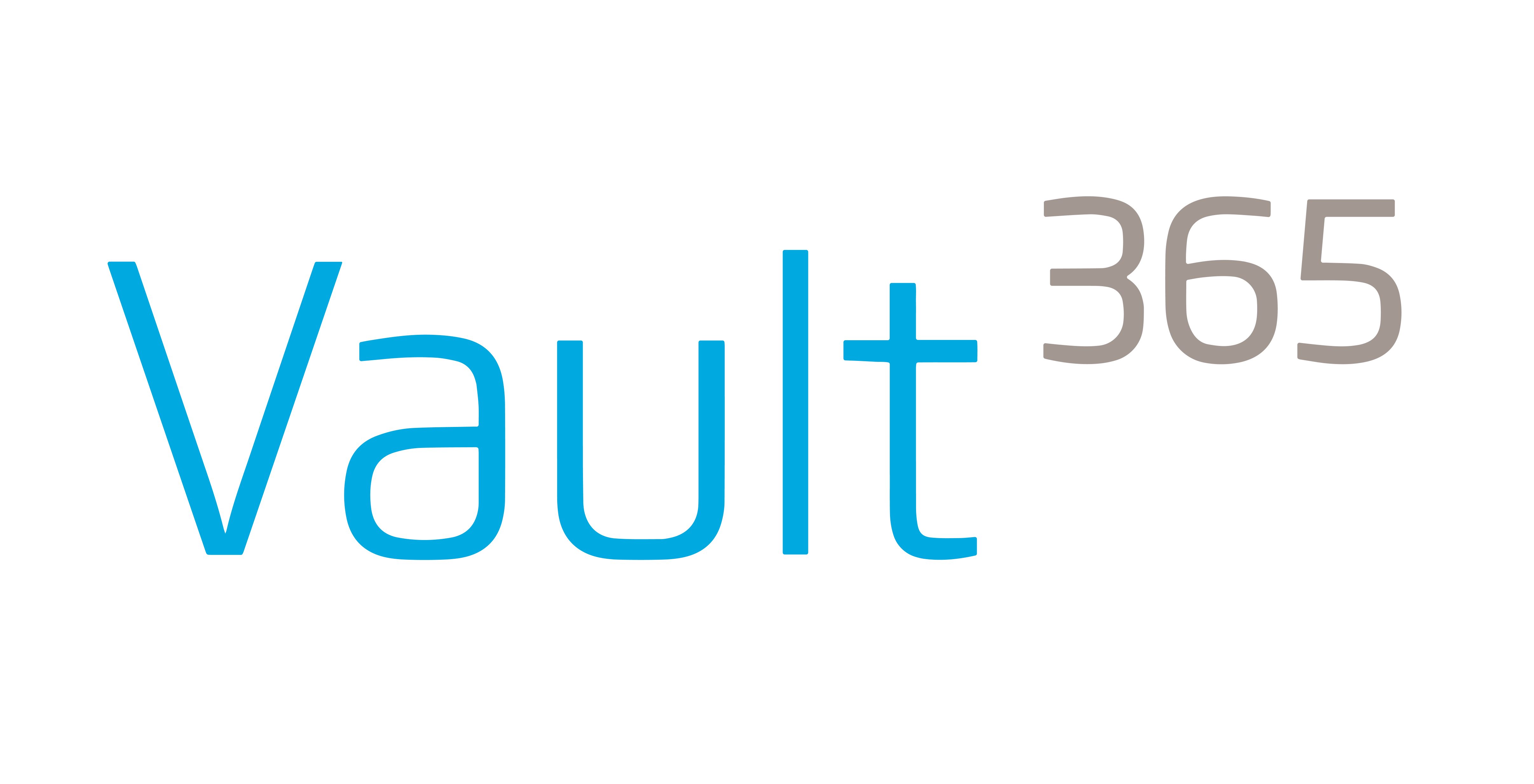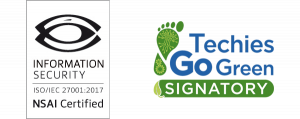“Paradyn proposed and implemented a bespoke broadband solution for Rathsallagh and since its installation over a year ago our on line presence has been transformed. From previous experience with other providers we are particularly impressed with Paradyn's maintenance and prompt service and fault follow up. We have to recommend Paradyn as Ireland's leading provider of broadband services to business.”
Joe O'FlynnRathsallagh House Hotel & Golf Club
“It is vital for us to have reliable high performance and scalable connectivity. To ensure we have the most resilient connectivity we recently went to public tender for a high capacity connection to our offices in Loughlinstown. We awarded this tender to Paradyn who have delivered on all their commitments to us to date and we would be more than happy to recommend them for the provision of high quality internet connectivity.”
El AroussiNetwork Administrator, European Foundation
“Paradyn were able to offer a cost effective fully resilient solution over their wireless network and we are delighted with their project management approach towards delivering a complete, bespoke solution for Clare County Council.”
Urban McMahonHead of Information Systems, Clare County Council
“Paradyn successfully won and delivered a number of projects for us using the very latest technology and were a natural choice when it came to carrying out a major upgrade, which they delivered on time and on budget.”
Brian FahyIT Manager, GlaxoSmithKline, Dungarvan
“We had a very short time frame to connect two buildings together and Paradyn came through for us. The sales team guided us through the options and eased any fears, with what for us was new technology. The install team provided a quick but very well executed install on the two buildings. They changed their work plans to fit our demanding schedule and provided a very stable network link that performs exactly as promised. We will be using them again.”
Ed O'DonnellIT manager for Kellogg Europe
“Paradyn has provided Dun Laoghaire Rathdown County Council with highly professional surveying and installation services for wireless connectivity since early 2010. We know we can rely on Paradyn to provide us with a prompt and efficient support service at all times and the Council very much looks forward to continuing its relationship with Paradyn into the future.”
Bob NolanIT & Communications Dept, Dun Laoghaire Rathdown County Council
““Fingal County Council have been using SAF Tehnika licenced microwave radio equipment for over 4 years to deliver increased capacity to a large number of our remote sub offices across the County. Their radio’s have proved to be very reliable in the delivery of our licenced wireless network requirements and we now use their 17GHz licence free product for our short distance high capacity requirements. These cost effective radio’s have provided us with 100Mb/s full duplex capacity to a number of our sub offices replacing older 5Ghz radio links and DSL circuits which were no longer sufficient for delivering our increasing data demands.””
Fergus HealyIT Infrastructure Manager, Fingal County Council
“In our dealings with Paradyn we have been provided with excellent technical support. Their surveys, design and management of projects have been exemplary. In particular we have found their attention to detail in their reporting and handover documentation to be of a consistently high standard. I would happily recommend Paradyn”
Cathal Hickey,Network Manager, Cork County Council
“We like working with Cillian and his team at Paradyn, they are very knowledgeable in their field and get our projects completed efficiently and cost effectively. Their support is excellent and they have never let us down. I would have no hesitation in recommending them.”
Anthony McElroyIT Services, Waterford City Council, Waterford
“Continuity of service is critical for local authorities and the LGMA needs to be confident that we can provide a secure and reliable service. Local authorities are increasingly using technology for citizen engagement and business processes and we all look forward to working with Paradyn to support our networks.”
Raymond RochfordLGMA
“The simplicity of the ShoreTel system was its winning factor. Only minimal training was needed to be able to effectively use the management system and it can be managed internally which saves on service costs. Paradyn worked to extremely tight deadlines to complete this project and the ShoreTel system was up and running in under three weeks. The transition has been painless and we have been experiencing the benefits from day one.”
Vincent McCarthyIrish Cancer Society
“The professionals at Paradyn really took the time to understand our business and its unique IT/Telephony needs. They created a personalised service plan that helped streamline our business processes and prepare us for the future. We really appreciate the time they dedicated to helping our company move forward.”
Oscar McMahonGalco Steel
“We have worked with Exigent Networks for almost 10 years, during which time they have provided Monaghan County Council with excellent support and service in the areas of LAN/WAN, Security and Wireless infrastructure, and more recently servers and systems following their acquisition of Netforce. We find their support teams knowledgeable, responsive and friendly to deal with. I can confidently recommend Exigent Networks as a solid and reliable supplier, and experts in their field.”
Carmel O’HareHead of IS, Monaghan County Council

























































